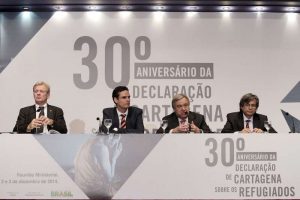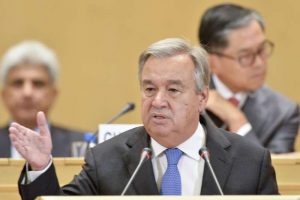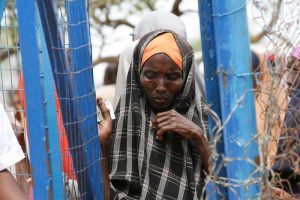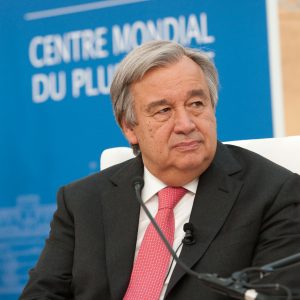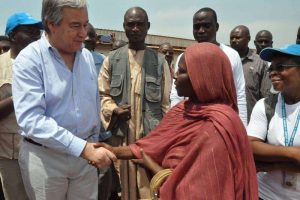Ministerial Meeting to commemorate the 30th anniversary of the Cartagena Declaration on Refugees
It is an honour to be here in Brasilia, celebrating the 30th Anniversary of the Cartagena Declaration. The Cartagena Declaration is not a simple adaptation of international legislation on refugees in Latin America. It is a fundamental milestone for protection frameworks on a global scale, because it goes beyond, it is more advanced and more progressive than the general regime defined by the 1951 Convention.
